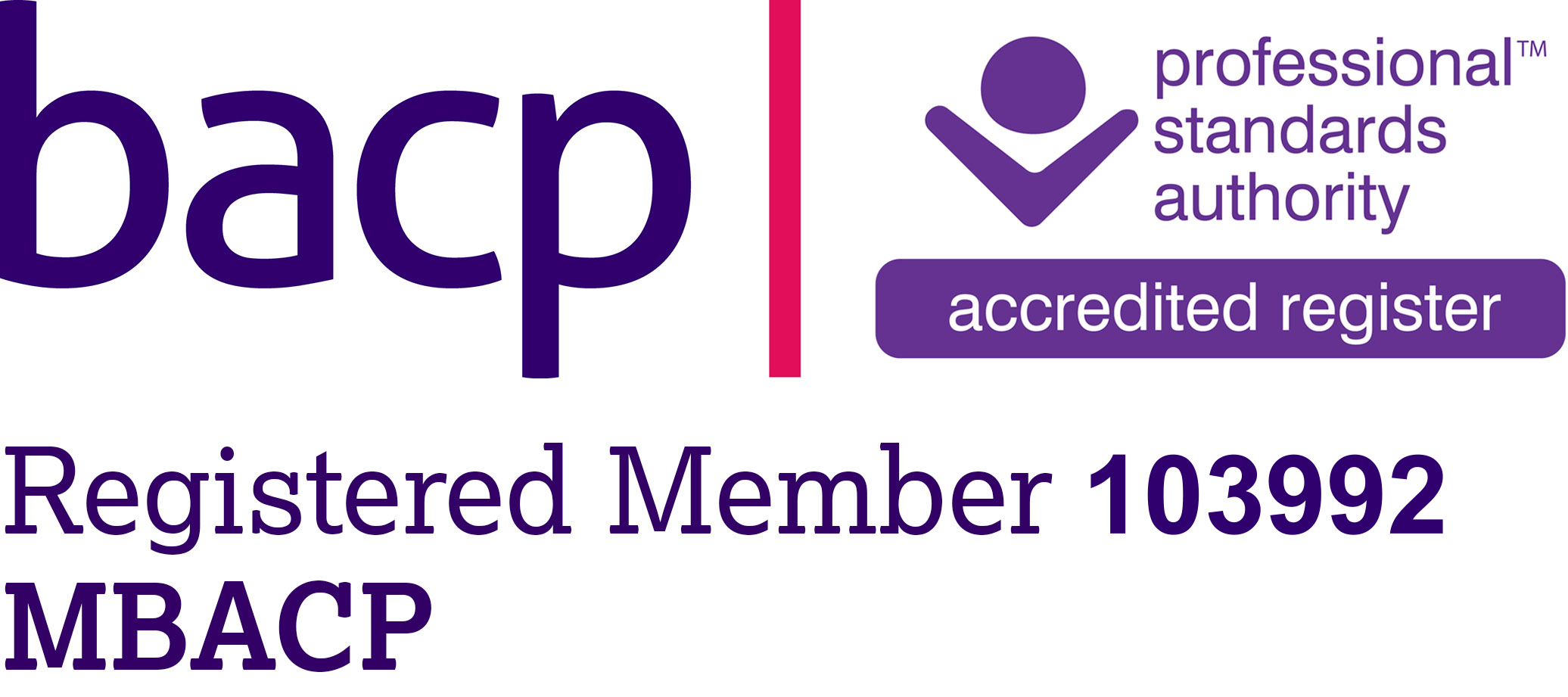Are you in a Toxic Relationship?
Relationships aren’t always easy, arguments are normal and rough patches can come and go throughout the course of time.
It is important however, to recognise the difference between normal ups and downs and a genuine cause for concern.
It may be that your relationship has become toxic or perhaps it always was.
So what is a toxic relationship?
A toxic relationship is a relationship between people (not always romantic) who consistently show disregard and disrespect for the other person(s) in the relationship.
There is no support or cohesiveness, there is often competition and a need to undermine the other(s).
It is emotionally and mentally draining and unpleasant more often than not. The bad times outweigh the good times and can be physically damaging as well as psychologically and emotionally damaging to all parties involved.
Remember, toxic relationships are not just romantic relationships? They can be experienced in families, friendships and work too.
How do toxic relationships happen?
Sometimes a toxic relationship can arise just because of a bad coupling. They cannot communicate with each other. Two people meet and just never see eye-to-eye. They’re so different, but they’re unable to respect their differences, so they undermine each other, they have a ‘me first’ attitude, they disrespect the other person and refuse to try to understand another perspective, they have an ‘I’m right, your wrong’ approach to the relationship. Simply put, they’re just bad for each other. Often this coupling is mainly based on a physical attraction and their sex life might be great, but most everything else in the relationship is toxic. In another relationship it’s possible that they’ll be totally different.
Other times it might be a deeper issue such as childhood experiences and upbringing. Perhaps they never saw a respectful relationship growing up. Maybe they didn’t receive the love they needed in their formative years.
Of course mental health problems could also be a strong influence on how a person conducts their relationships, or bullying in their childhood and teens could impact on how they perceive others as well as their own self worth.
Often we will find that what ever we have observed and experienced during childhood can play-out in our adult relationships.
What are the red flags for spotting a toxic relationship?
The most obvious and important red flag to acknowledge is any form of violence, verbal or physical abuse, harassment or aggression.
In fact, those are the easiest to spot. Many toxic relationships aren’t so overtly obvious though.
The first thing to look for is unhappiness. If you’re no longer happy inside your relationship or you feel stressed, angry or anxious most of the time. If you worry about speaking your truth, or raising an issue, or you have that walking on egg shells feeling, you may be in a toxic relationship.
Another sign is a change in your mental and/or physical health. Perhaps you’ve become aware that you feel unwell more often, but can’t put your finger on why. Maybe you have diagnosed depression or anxiety. Possible past conditions have returned such as an eating disorder or invasive thoughts. Or maybe you feel hatred towards your partner which you feel guilty for feeling.
Look too at your other relationships. Have you let them slip? Are you no longer doing the things you used to enjoy because you feel that you have to give your partner all your time and attention? Maybe they haven’t actually said this to you, but you just know instinctively that it’s what you “have” to do to avoid their upset, sadness or anger.
It is common that people in toxic relationships are the last to see the truth and reality. So listen to what caring friends and family have said, or are saying. Sadly loved ones are often silenced for fear of losing their friend or family member for ever. This tends to perpetuate the problem for years.
After time, toxicity can become so normalised inside a relationship that it isn’t an issue anymore and the relationship continues it’s unhealthy pattern almost entirely unchallenged.
What should you do about your toxic relationship?
If you’re inside a physically damaging toxic relationship, you must take care. Statistically, violence escalates further after a partner leaves and could possibly be fatal to the person leaving.
If this is the case for you, it’s worth slowly removing items of clothing and necessities that will go unnoticed to a safe place away from home. Things like passport, a credit card, documents you will need to find accommodation, a new SIM card etc. Behave as normally as possible on the day you have decided to leave so as not to raise suspicion. You may also need to involve the police so that you can get a injunction against your partner. Tell a trusted person about your leave date (within hours if not minutes of leaving, not days). Your safety must be a top priority at all times, so plan carefully and meticulously and trust nobody with your information because sadly there are people who love the drama and don’t see this as the danger it could be.
Don’t go to an obvious bolt hole such as your parents or siblings, go to a place your partner wouldn’t think or know about.
If the toxicity is psychological and emotional, it’s decision time!
Could you work through the relationship issues? Could the relationship work if you got outside help such as a couples counsellor or doctor? Finding the cause of the problem is the only way the relationship will work. If you don’t or can’t, then perhaps it’s time to take a deep breath and walk away.
The cause of toxic behaviour might be mental health issues, in which case get the help that is required.
There will always be a cause and finding out what that cause is, is the gateway to deciding whether you will stay and work at it, or that it’s just no longer viable.
It is not anyone’s role in life to put up with bad behaviour no matter what the cause of it is.
LOVE IS NOT ENOUGH! You may love your partner madly but if there is not respect, regard, care, consideration, understanding, sympathy, empathy or trust - you don’t have a healthy relationship. It’s as simple as that.
If you need help through your toxic relationship or you know anyone who needs help, here’s my number
07588931401


